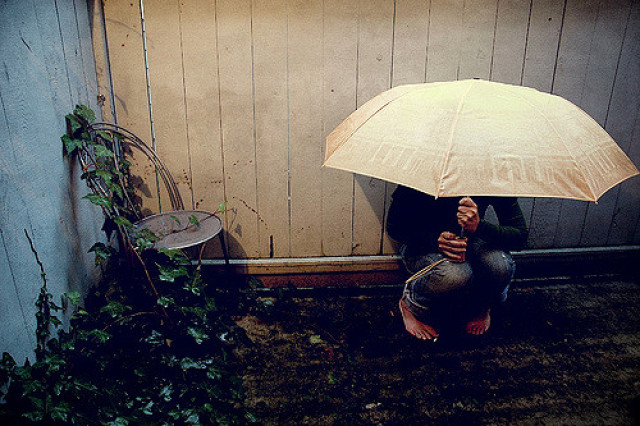Seasonal affective disorder (SAD) is also known as 'winter blues' or 'seasonal depression'. It is a mood disorder that causes people to experience depressive symptoms in the winter or summer. Symptoms of SAD in the winter include over-sleeping, feeling drained of energy, and feeling depressed. In the summer, these symptoms may also be accompanied by heightened anxiety. Most people with SAD experience major depressive disorder and as many as 20% have bipolar disorder.
There are several theories behind the causes of SAD. Some believe that humans innately respond like many other species. Most animals diminish activity during the winter months in response to a reduction of food availability, the reduction of sunlight, and the difficulties of surviving in cold weather. Hibernation is an extreme example of this.
To help treat SAD, some use bright-light therapy. Many patients with SAD have a delay in their circadian rhythm and bright light treatment corrects these delays. Other treatments include physical exercise, an increase in vitamin D intake, and dawn simulators.



 Download Google Chrome
Download Google Chrome Download Mozilla Firefox
Download Mozilla Firefox Download Opera
Download Opera